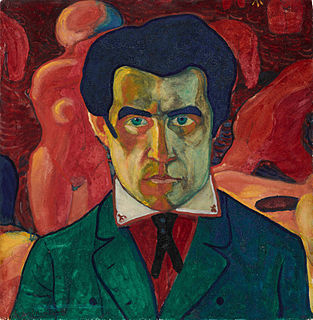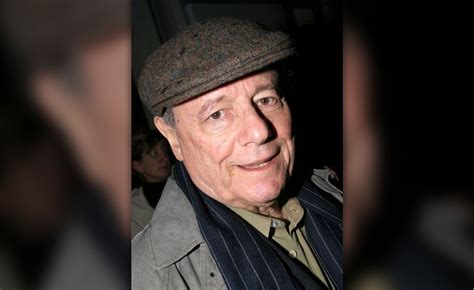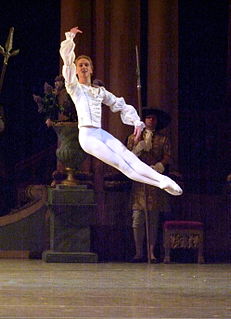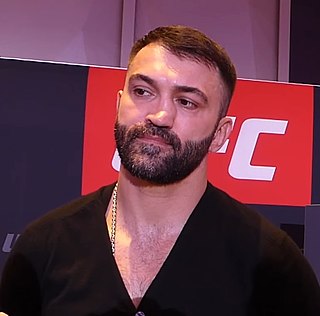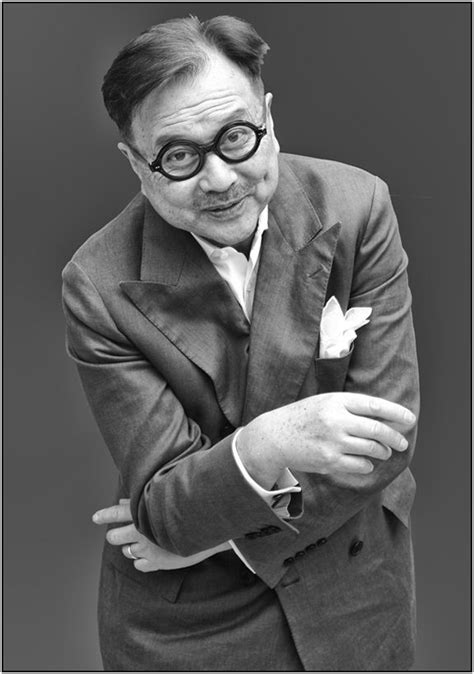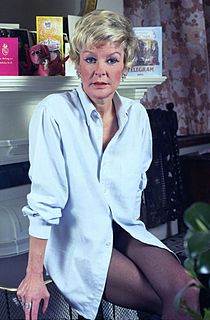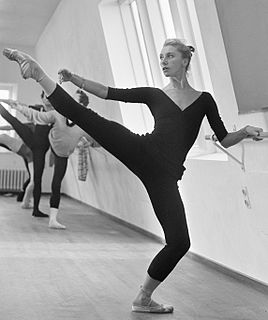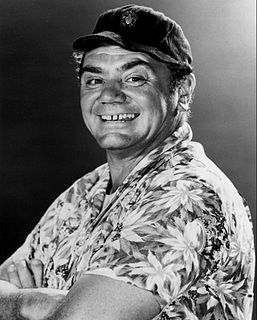A Quote by Kazimir Malevich
Everywhere there is craft and technique; everywhere there is artistry and form. Art itself, technique, is ponderous and clumsy, and because of its awkwardness it obstructs that inner element.
Related Quotes
Although most informed balletomanes would place artistry above technique, artistry without a strong technique is a flaccid, bloodless thing indeed, whereas technique without much artistry can still dazzle us in the manner of the circus or sports arena translated to a higher plane. Though the perfect blend of the two elements is the consummation devoutly to be wished, the real enemy of good ballet is not the slight preponderance of one or the other but the prevalence of pantomime--the turning of dance into second-rate theater.
String theory has had a long and wonderful history. It originated as a technique to try to understand the strong force. It was a calculational mechanism, a way of approaching a mathematical problem that was too difficult, and it was a promising way, but it was only a technique. It was a mathematical technique rather than a theory in itself.
